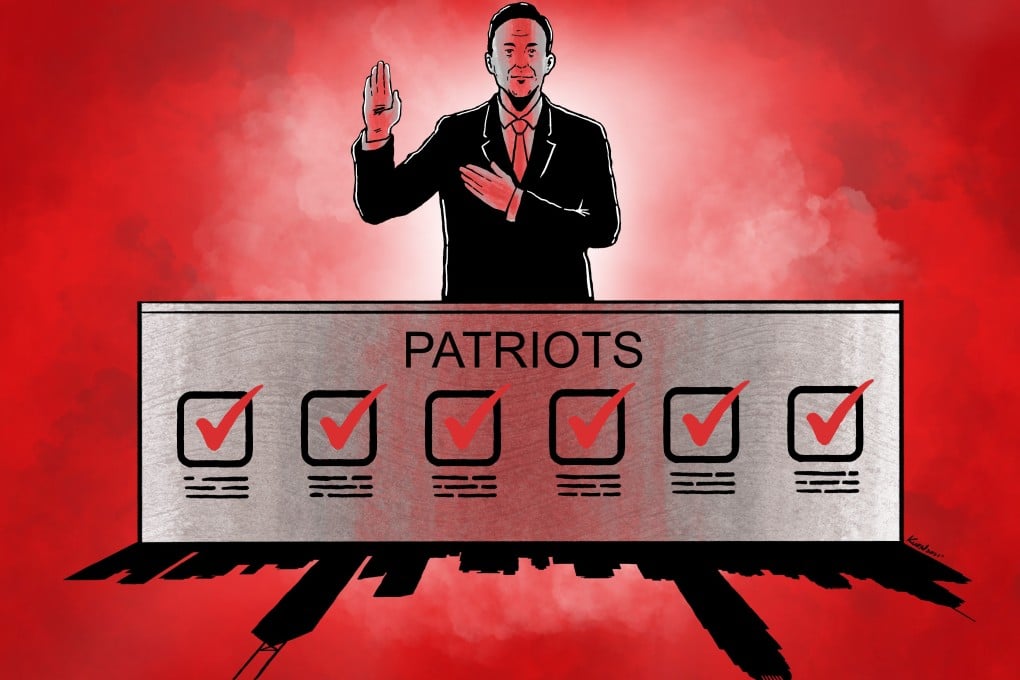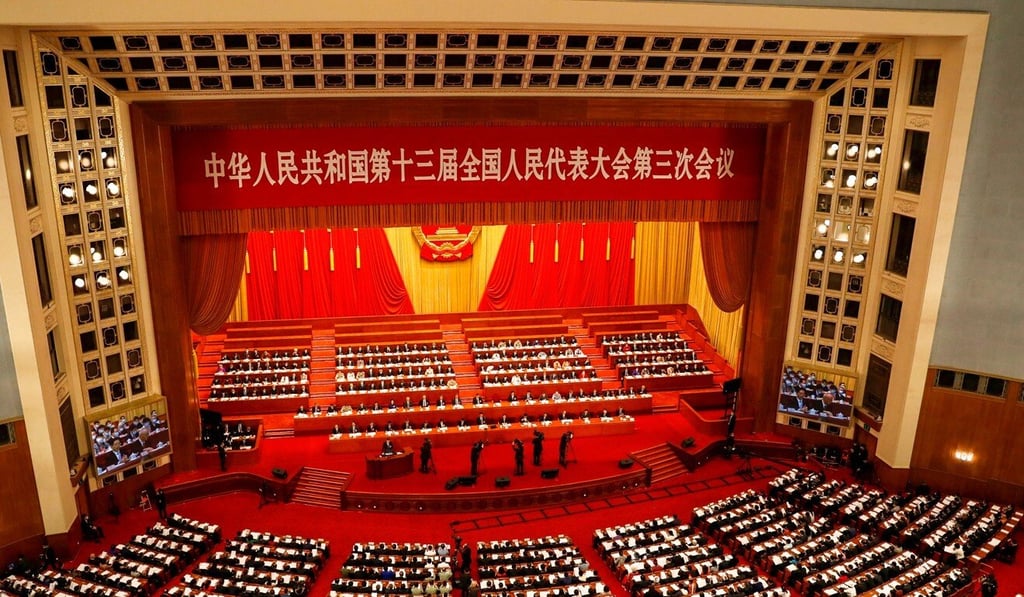Hong Kong’s electoral reform: is this the end of confrontational opposition, and who decides what’s a patriot?
- Beijing, according to sources, is preparing a rigorous political inoculation plan to tame the rebellious city down south
- Opposition’s primary last year could be the last straw for central government, following 2014’s Occupy movement, the 2016 Mong Kok riot and 2019’s months-long social unrest

China’s political elite will gather in Beijing this week for the year’s biggest legislative set piece, known as the “two sessions” or lianghui, facing a number of major political challenges, including the aftermath of the coronavirus and the ongoing rivalry with the United States. In this instalment of a series, Tony Cheung explores the agenda for Hong Kong – sweeping electoral reforms to ensure only ‘patriots can govern city’.
Like most of the other 200 pro-Beijing politicians in the city, she has to pore over reams of documents to prepare for the lianghui or two sessions, as the annual plenary meetings of the legislature and its top political advisory body are called colloquially.
Many delegates draft their own proposals to improve governance, with the focus this time being the next five-year plan for the country. In the past, Choi’s pet causes were women’s rights and environmental protection.

“There’s no side effect or any discomfort. Some delegates were joking, asking whether it was just a glucose solution,” she quipped.